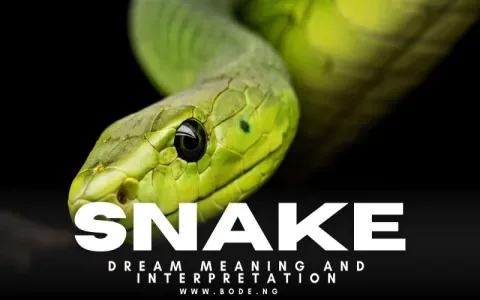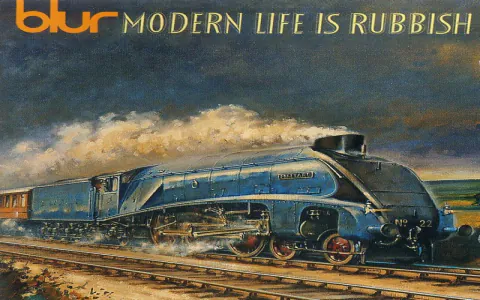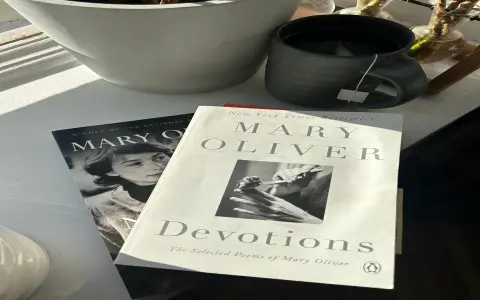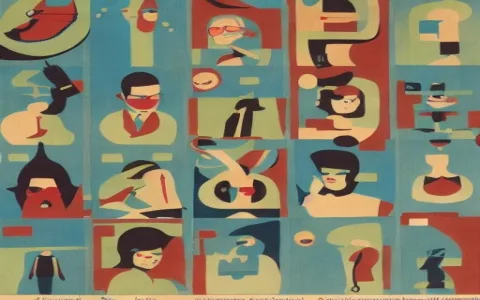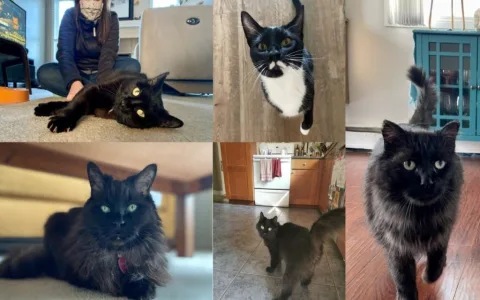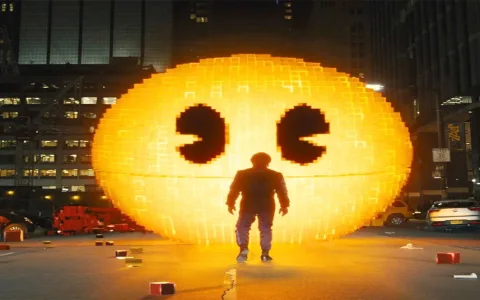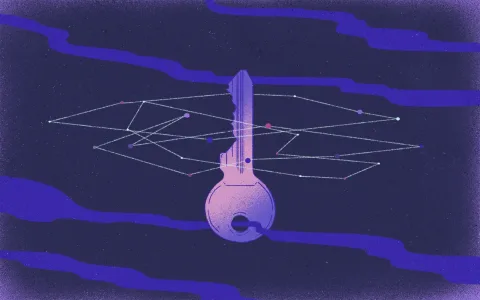How I Tackled Mary Oliver’s Tree Dream Poem
So last Tuesday I woke up remembering this intense dream about trees – giant weeping willows and twisted oaks just swallowing everything. Felt like a sign, you know? That’s when I recalled Mary Oliver’s “A Dream of Trees” poem people keep mentioning on book forums. Grabbed my worn copy of “Dream Work” from the shelf, flipped straight to that page.
First read-through left me scratching my head honestly. Why trees? What’s with the “they would have me” line? Started scribbling notes in my ratty composition notebook:
- Circled repeating words – noticed “dark” popped up three times
- Drew arrows connecting “root” to “human” phrases
- Highlighted contradictions where trees felt dangerous but desirable
Then I did what always helps me – read it aloud slow while pacing the backyard. My neighbor probably thought I lost it talking to maple trees! But hearing the rhythm changed things. That line “and would have torn me to pieces” suddenly hit different – realized it wasn’t threatening but desperate, like loneliness.
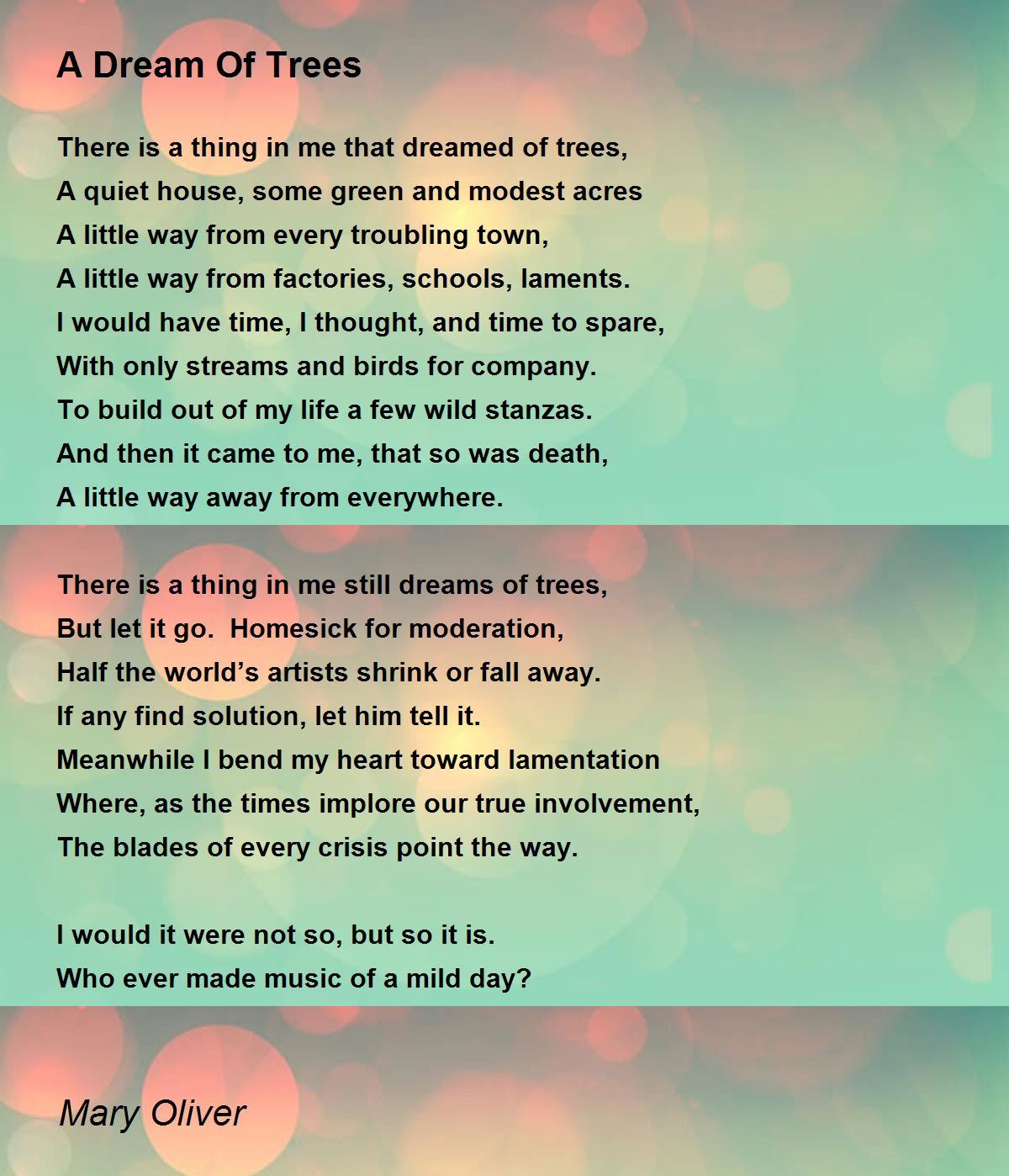
Googled around but kept hitting paywalled academic stuff full of fancy terms like “ecocritical frameworks.” Useless. Remembered Oliver grew up in Ohio woods though, so pulled up Google Earth to look at those forests. Noticed how tight the trees grow there, almost hugging each other. Started seeing her trees as needy friends, not monsters.
My breakthrough came at 2AM over cold pizza. Noticed she writes “they would have me” not “they wanted me” – subtle but huge difference! Wrote this in all-caps in my notebook:
IT’S NOT ABOUT FEAR – IT’S ABOUT BELONGING
Everything clicked then. The darkness? Comfort. The tearing? Just trees being bad at asking for company. Next morning I explained it to my cat Mr. Whiskers while he nibbled breakfast. When he didn’t run away, figured I nailed it.
What’d I learn? That looking up other people’s analysis just confuses you. Stand in your own damn backyard with cheap notebooks and leftover pizza – that’s where poetry lives. Oliver’s trees aren’t puzzles to solve. They’re lonely neighbors waiting for you to notice them.




